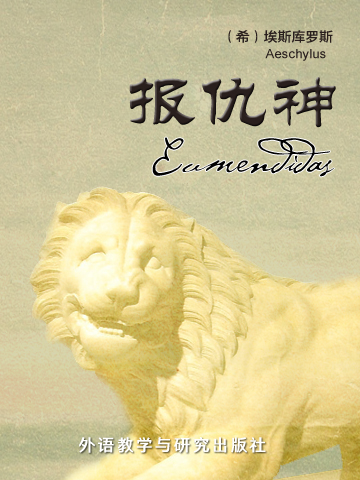APOLLO
Have thou too heed, nor let thy fear prevail
Above thy will. And do thou guard him, Hermes,
Whose blood is brother unto mine, whose sire
The same high God. Men call thee guide and guard,
Guide therefore thou and guard my suppliant
For Zeus himself reveres the outlaw's right,
Boon of fair escort, upon man conferred.
《报仇神》写的是雅典城邦的庇护神雅典娜创立阿雷奥帕格法庭,审理复仇女神对俄瑞斯忒斯的控诉,宣判俄瑞斯忒斯无罪。该剧是《俄瑞斯忒斯》三部曲之三。
Eumendidas: the final play of the Oresteia, in which Orestes, Apollo, and the Erinyes go before Athena and eleven other judges chosen by her from the Athenian citizenry at the Areopagus, to decide whether Orestes' killing of his mother, Clytemnestra, makes him guilty of the crime of murder.
- CHARACTERS IN THE PLAY
- 书评 写书评
- 笔记
-
书评加载中...















 京公网安备 11010802032529号
京公网安备 11010802032529号
笔记加载中...